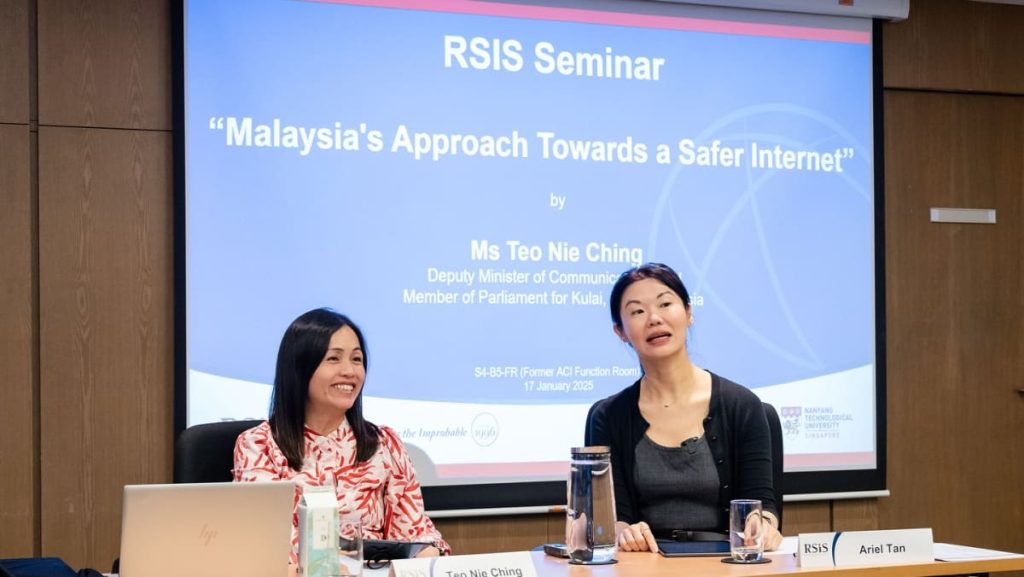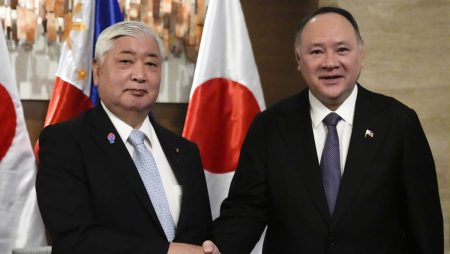Malaysia’s ambition to unify ASEAN’s approach to regulating Big Tech presents a complex and challenging, yet potentially transformative, endeavor. As the current ASEAN chair, Malaysia aims to leverage its position to foster a collective stance against the growing influence of these tech giants, focusing on issues such as online safety, combating misinformation, and promoting data privacy. This initiative acknowledges the limitations of individual nations, especially smaller ones like Malaysia, in effectively negotiating with powerful multinational corporations. By presenting a united front, ASEAN could significantly amplify its bargaining power and establish a more equitable relationship with Big Tech. However, realizing this vision requires overcoming several substantial hurdles.
A primary challenge lies in the diverse political landscapes and regulatory frameworks within ASEAN. Member states range from democracies to authoritarian regimes, each with varying priorities and approaches to internet governance. This heterogeneity complicates the process of reaching a consensus on regulatory measures, as some nations prioritize economic growth and foreign investment, while others emphasize social stability and control over online content. Furthermore, the existing digital divide within ASEAN, with varying levels of internet penetration and digital literacy across member states, adds another layer of complexity to harmonizing regulations. Bridging these differences and forging a common ground that respects national sovereignty while promoting regional cooperation will be crucial for Malaysia’s success.
The “divide and conquer” strategy employed by Big Tech also poses a significant obstacle. These companies have historically engaged with individual nations, leveraging their economic clout and lobbying power to secure favorable regulatory outcomes. This approach allows them to exploit differences in legal frameworks and enforcement capacities, minimizing compliance costs and maximizing profits. A unified ASEAN regulatory framework would threaten this strategy, potentially forcing Big Tech to adhere to stricter standards and invest more in compliance across the region. Therefore, these companies are likely to resist such efforts, potentially employing various tactics to undermine regional cooperation and maintain the status quo.
Despite these challenges, several factors could contribute to Malaysia’s success. The increasing recognition of the shared challenges posed by Big Tech, such as the spread of misinformation and online harms, provides a common ground for cooperation. Moreover, the growing authoritarian tendencies within the region, while potentially problematic for online freedoms, could paradoxically facilitate cooperation on regulating social media, as governments perceive a shared threat to their control and stability. This shared concern might incentivize collaboration on regulatory frameworks, even if their underlying motivations differ.
Malaysia’s approach will likely involve leveraging its ASEAN chairmanship to facilitate dialogue and negotiations among member states. This process could involve establishing working groups, organizing regional summits, and drafting model legislation to guide the development of harmonized regulations. Key areas of focus might include data privacy, content moderation, competition policy, and taxation of digital services. Successfully navigating these complex negotiations will require Malaysia to demonstrate strong diplomatic skills and build consensus among diverse stakeholders.
Ultimately, the success of Malaysia’s initiative will depend on its ability to overcome the inherent challenges of regional cooperation, navigate the complexities of Big Tech’s lobbying efforts, and forge a shared vision for a safer and more equitable digital landscape within ASEAN. This endeavor represents a significant step towards asserting regional autonomy in the face of global tech giants, and its outcome will have far-reaching implications for the future of internet governance in Southeast Asia. While the road ahead is fraught with difficulties, the potential benefits of a unified regulatory framework are substantial, offering the promise of greater protection for users, enhanced accountability for Big Tech, and a more level playing field for local businesses. The coming months and years will be critical in determining whether Malaysia can successfully rally its ASEAN partners and reshape the relationship between Southeast Asia and the global tech giants.










